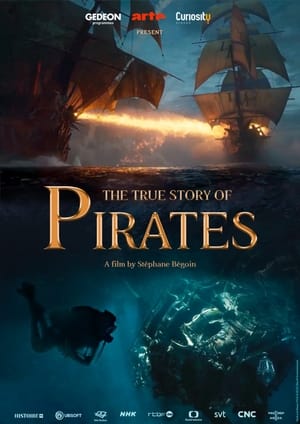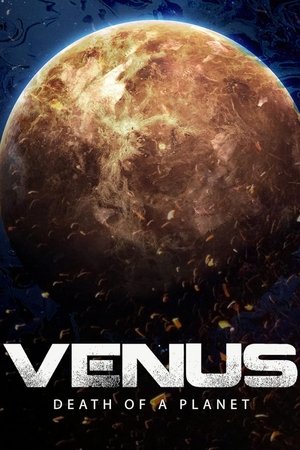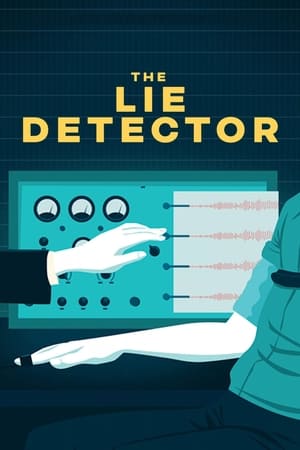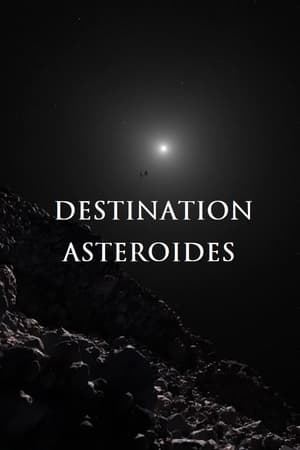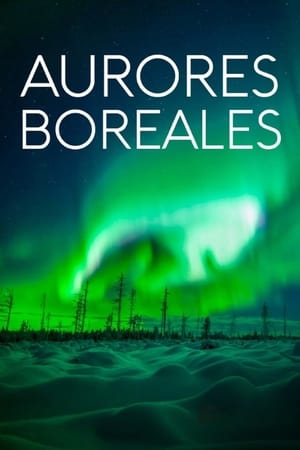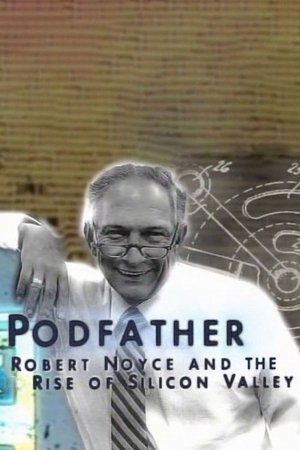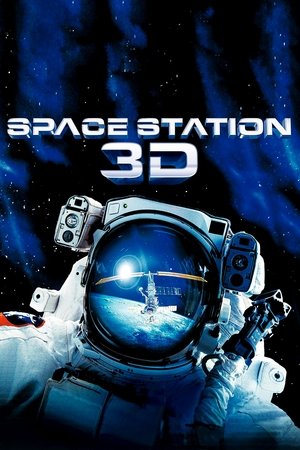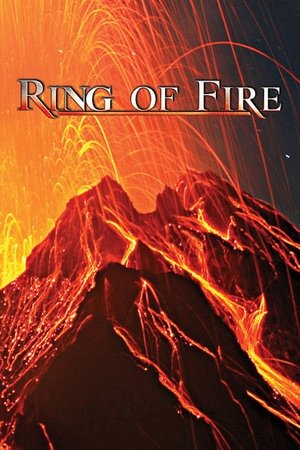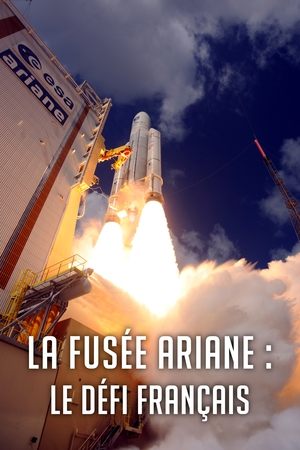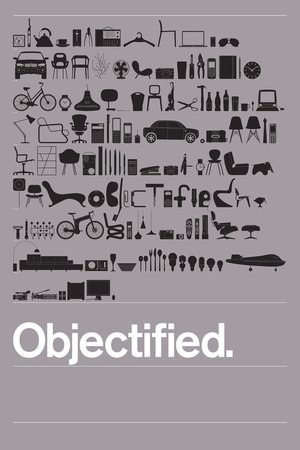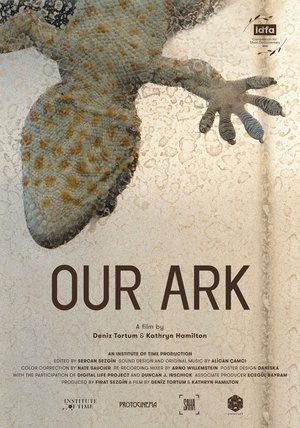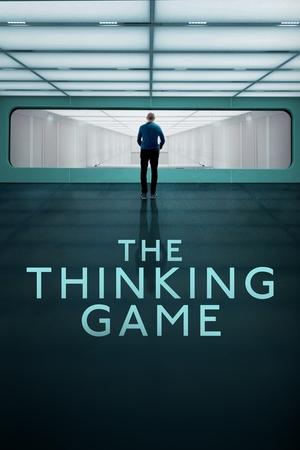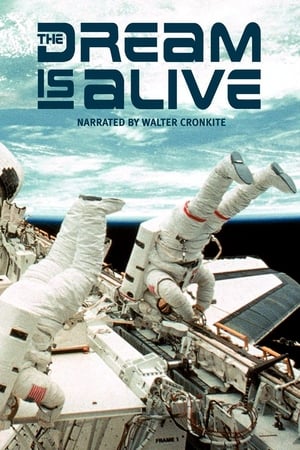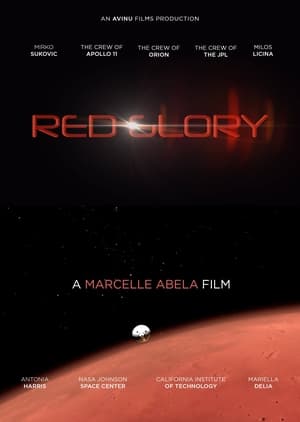Overview
Follow three rocket and satellite companies – Astra Space, Rocket Lab, and Planet Labs – and the quests of their idiosyncratic founders to conquer the burgeoning space industry.
Reviews
Who Will Control Our Skies? A Wild And Great Long-Term Business Documentary Covering The 'New Space' Sector (Not Your Average Space Doc, Move Over NASA)
I hope I didn't put off some potential viewers for using the term "business documentary". That may sound boring.
Let me assure you, this documentary - basically following three US-based 'new space' start-up companies - isn't boring at all. Some of the main characters in the film are so colorful that you could be fooled into thinking that you watch a fictional movie, not a documentary.
A little bit of background first: Ashlee Vance (also heavily involved and briefly featured in the documentary himself) is a business journalist who wrote a book on new space companies and started filming and interviewing executives as well as academics involved in the space and rocket sectors around the same time.
(I read his book before watching WWS, but this is not a requirement at all. You may even enjoy more surprises watching it without having read his book first - otherwise a few spoilers are obviously revealed in the book already.)
Some readers may be vaguely familiar with Ashlee Vance's name because he was the first to write a biography on Elon Musk - who in turn started one of first private space companies in a Western country (SpaceX).
This documentary and his book only feature SpaceX and other pioneering rocket companies started by fellow billionaires and rivals (Jeff Bezos, Paul Allen, Richard Branson etc.) in passing.
The main focus of WWS are "normal" (they are anything but normal in all other aspects, trust me) entrepreneurs. Ambitious people who followed in the foot-steps of these business moguls and tried to (and are still trying to) launch space ventures thanks to third-party funding. It goes without saying that most of these companies require billions of dollars until they maybe have a chance to break even and stand on their own feet. As is repeatedly said or allured to in the film: "Space is (very) hard". This is true both in terms of technology and funding.
Speaking of money: Ashlee Vance - having toured the globe visiting space companies in places like New Zealand, French Guiana, Ukraine, Russia and the U. S. - noticed that his funds for the project were running low and started to get outside help to focus/improve the script and finally finish the documentary by 2024.
What was once intended as an entire series was cut into one single documentary. His new partners (experienced in the movie sector, eg. Ross Kauffman with an Academy Award for Best Documentary under his belt) in the project also advised him to focus on just a handful of companies.
WWS therefore follows three space start-ups in detail, namely Astra, Planet Labs and Rocket Lab (with a particular focus on the CEO of each venture).
I think it is a much better movie for it, because there's an emotional attachment for the viewer thanks to this focus. The main characters at each of three companies really spring to life. The completely opposite characters and business approaches of two of the CEOs involved (namely Chris Kemp of Astra and Peter Beck of Rocket Lab) already make the entire documentary worth watching.
The movie offers very detailed and generous insights into all three companies. The filmmakers got access to calls with investors and even the rocket launch sequences inside the mission control rooms - including nerve-wrecking setbacks and failures - as well as the IPOs of all three companies on the public stock market.
From bedrooms and garage operations with tinkerers - to billions in funding, taking over government launchpads and hiring hundreds of employees. A story of rags to riches. And back to zero in some cases (Space is hard...remember).
I can only recall seeing very few business-related documentaries where external observers got such an intimate access over long periods of time (the three companies are covered from about 2016/2017 until early 2024, with older material mixed in from the company archives and other sources).
The documentary reveals how the grip on space and rockets has shifted from national states, bureaucratic organizations (like NASA) and their long-term suppliers (often huge companies like Boeing, Lockheed etc.) to ambitious, nimble and energetic start-ups who skirt or even overstep established rules.
These tectonic shifts will affect all of us in terms of safety, national security and privacy.
Satellite constellations already rule our daily life on Earth right now, for better or worse: From GPS positioning in cars and planes, over emergency calls in remote areas with no conventional cell phone average, to more accurate weather forecasts and troop or refugee movements in or ahead of conflicts across the globe.
The documentary's title is therefore very fitting indeed, the skies have become a Wild Wild Space. Sort of a "land grab in space" in the 21st century. Space is now open for business, not just for a few billionaires or very powerful nation states.
The WWS documentary is eye-opening in this regard, we are only at the very beginning. The private space sector today (2024) is maybe at the development stage of the early Internet/WWW era back in 1994 (if I had to take a guess after spending some time on the subject over the last decade).
Rating: 8/10 for "normal" viewers. Highly recommended, even for people with no particular or prior interest in the space industry. Even 9/10 for audiences interested in space and rockets.
One of my minor gripes: Space has no boundaries. It would have been great if the documentary also featured a few space start-ups from Asia or Europe, the movie feels a bit U. S.-centric (with the exception of Rocket Lab and its CEO, originating from New Zealand). Maybe a possible sequel can one day move the spotlight to private space and launch efforts on other continents?

 94 min
94 min
 6.8
6.8
 2024
2024
 USA
USA
 morehumanthanhuman wrote:
morehumanthanhuman wrote: